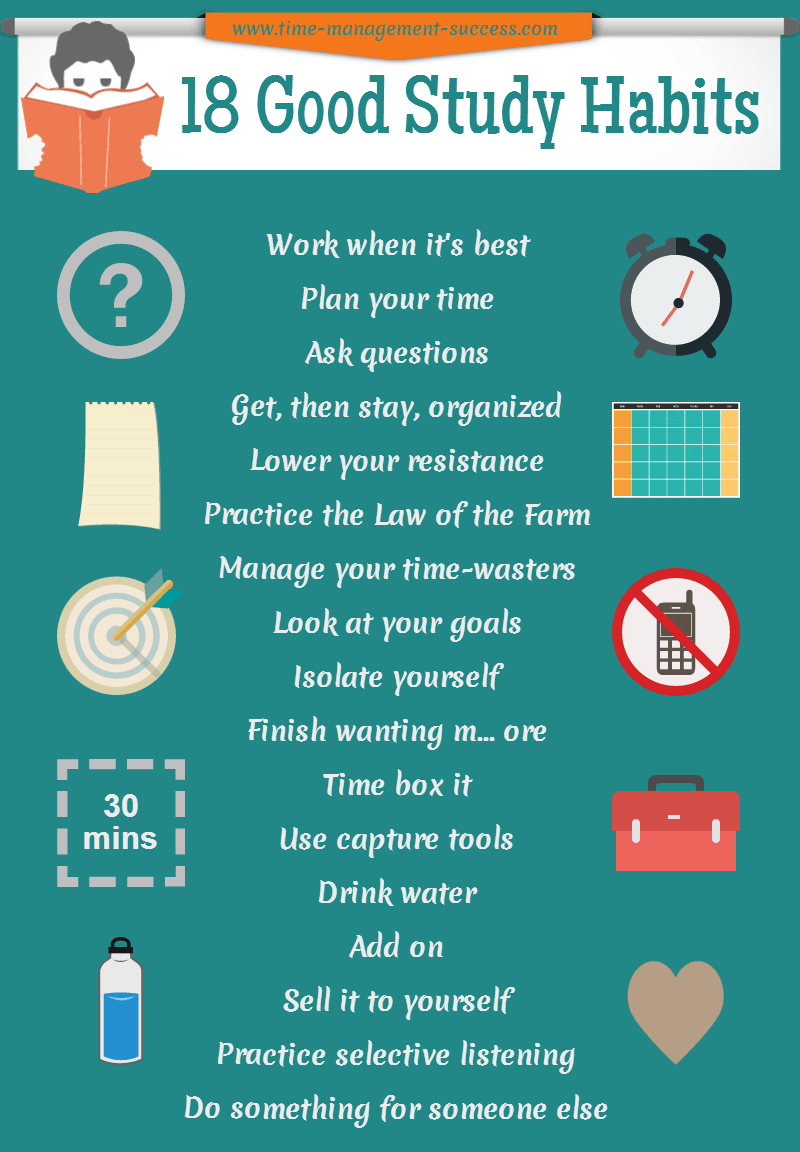Rise by Six: Your Daily Dose of Inspiration
Explore insights and stories that elevate your day.
Coffee and Cramming: The Unlikely Study Duo
Unlock the secret to study success with the perfect blend of coffee and cramming. Discover tips that fuel your late-night learning!
How Coffee Affects Your Study Habits: The Science Behind Cramming
Coffee has long been a study staple for students, with its stimulating properties helping to enhance alertness and concentration. The primary active ingredient in coffee, caffeine, works by blocking the neurotransmitter adenosine, leading to increased levels of dopamine and norepinephrine. This process can lead to improved attention span and performance in tasks requiring focus. However, the timing and amount of caffeine intake are crucial, as excessive consumption may result in jitters and anxiety, ultimately hindering study habits. Finding the right balance is essential for effective cramming.
Research suggests that moderate caffeine consumption can also aid in memory consolidation, making it a useful tool for students looking to retain information during intense study sessions. Coffee can enhance both short-term and long-term memory, especially when consumed before or during study sessions. It is recommended to consider individual tolerance levels and to avoid consuming coffee late in the day, which may disrupt sleep patterns and negatively affect retention. Overall, understanding how coffee affects your study habits can lead to more effective strategies for cramming prior to exams.

Top Coffee Choices for Late-Night Study Sessions
When it comes to late-night study sessions, choosing the right coffee can make a significant difference in your focus and productivity. Espresso is often a top choice due to its rich flavor and concentrated caffeine content, providing a quick energy boost without overwhelming your system. Another great option is cold brew, which is known for its smooth taste and lower acidity, making it easier on your stomach during those long hours of cramming. For a flavored twist, consider vanilla latte, which combines the comforting essence of coffee with a hint of sweetness, keeping your spirits high while you tackle daunting subjects.
Aside from flavor, the preparation method can also impact your studying experience. Some students prefer the ritual of using a French press, as it allows for a more hands-on approach and a richer taste. Alternatively, a single-serve coffee maker may be ideal for those who need a quick cup between study sessions. Don't forget to customize your coffee with ingredients like almond milk or flavored syrups to keep things interesting. To maximize your productivity, it’s crucial to stay hydrated, so pair your coffee with a tall glass of water during those late-night delve-ins!
Is Cramming Effective? Exploring the Coffee Connection
Cramming is often viewed as a quick-fix study method, typically employed by students in the final hours before an exam. While it may seem effective in the short term, research suggests its benefits are limited. Cramming can lead to an overload of information that is difficult to retain, a phenomenon known as cognitive overload. In contrast, regular study habits, which include spaced repetition and consistent review sessions, foster deeper understanding and long-term retention of material. Despite these drawbacks, many students still turn to cramming, especially when combined with caffeine consumption, believing it enhances their alertness and focus.
Enter the coffee connection. Caffeine is a well-known stimulant that can improve concentration and temporarily boost cognitive performance. Studies indicate that moderate caffeine intake may help combat fatigue and increase alertness, making it an appealing companion for those who choose to cram. However, relying solely on coffee while cramming can be a double-edged sword; excessive intake might lead to jitters and decreased performance. Ultimately, while
cramming coupled with coffee might offer a short-term advantage, the most effective learning strategies still emphasize planning and consistent study practices for lasting educational success.